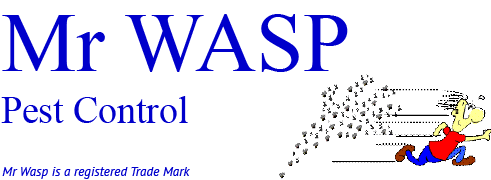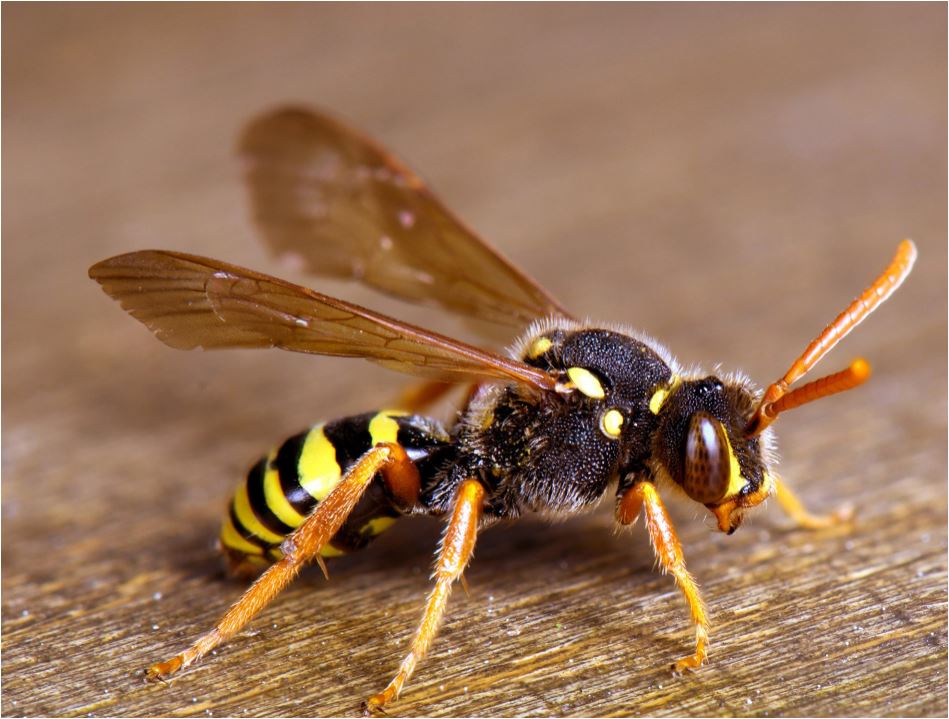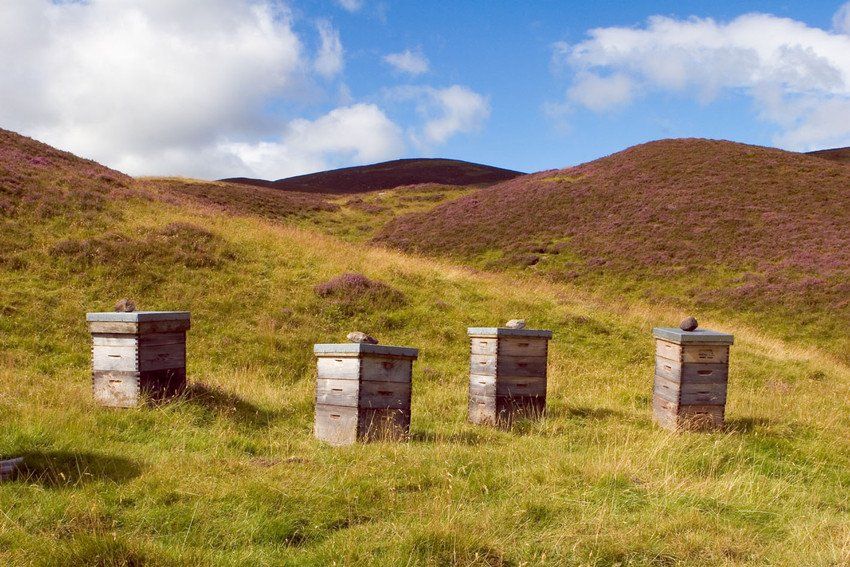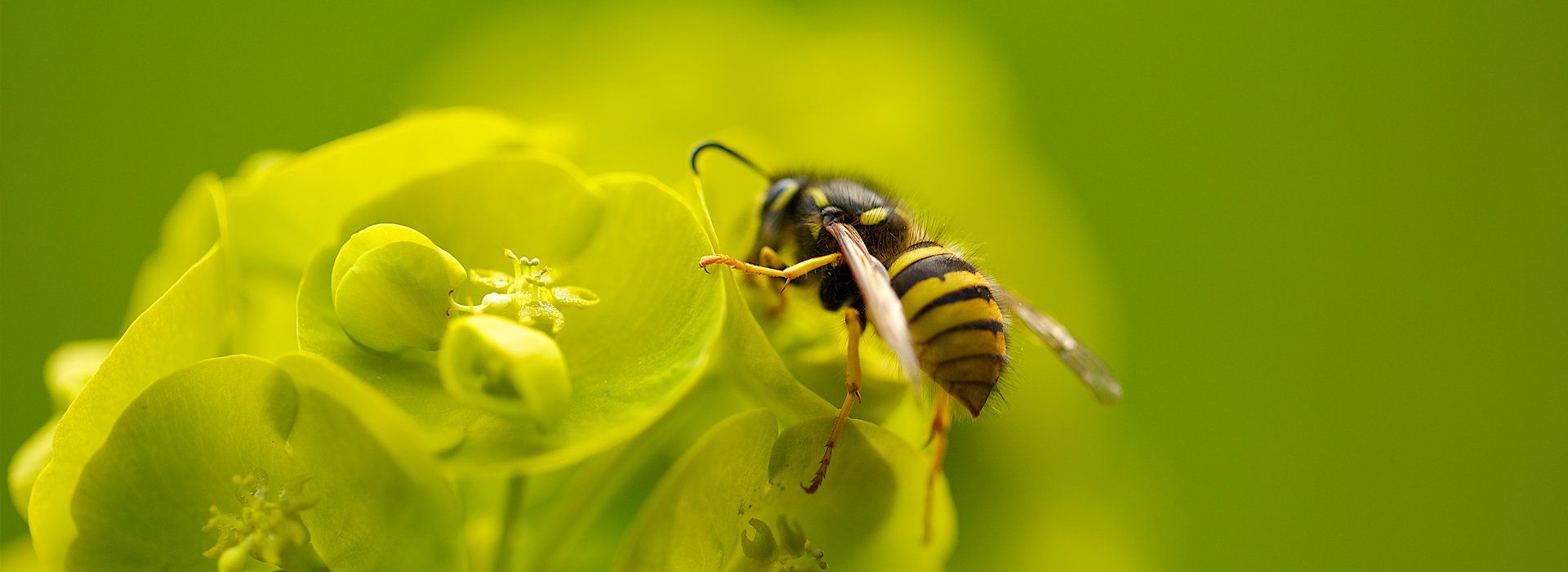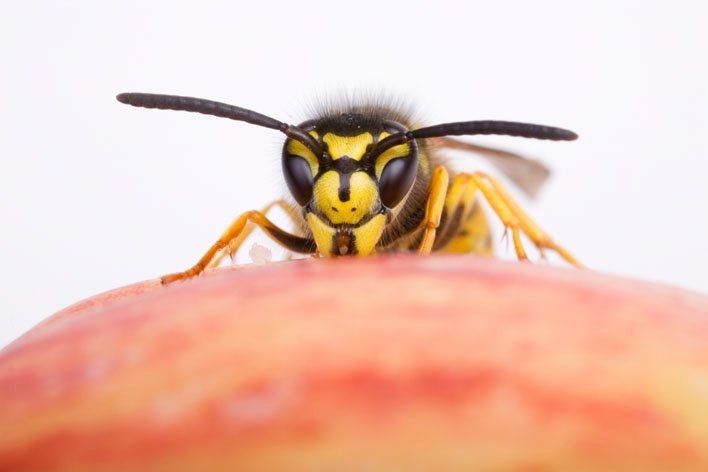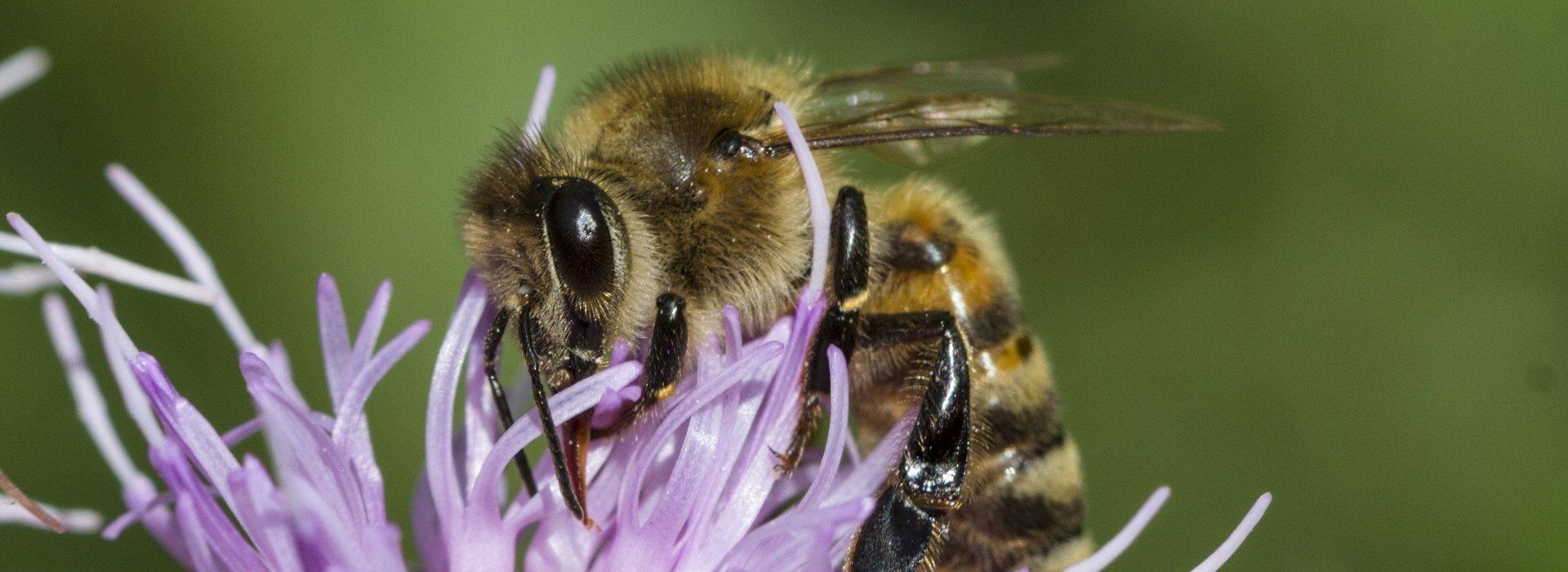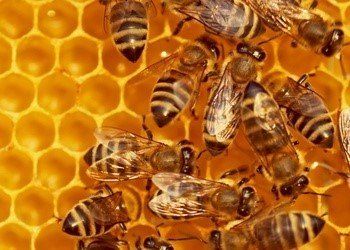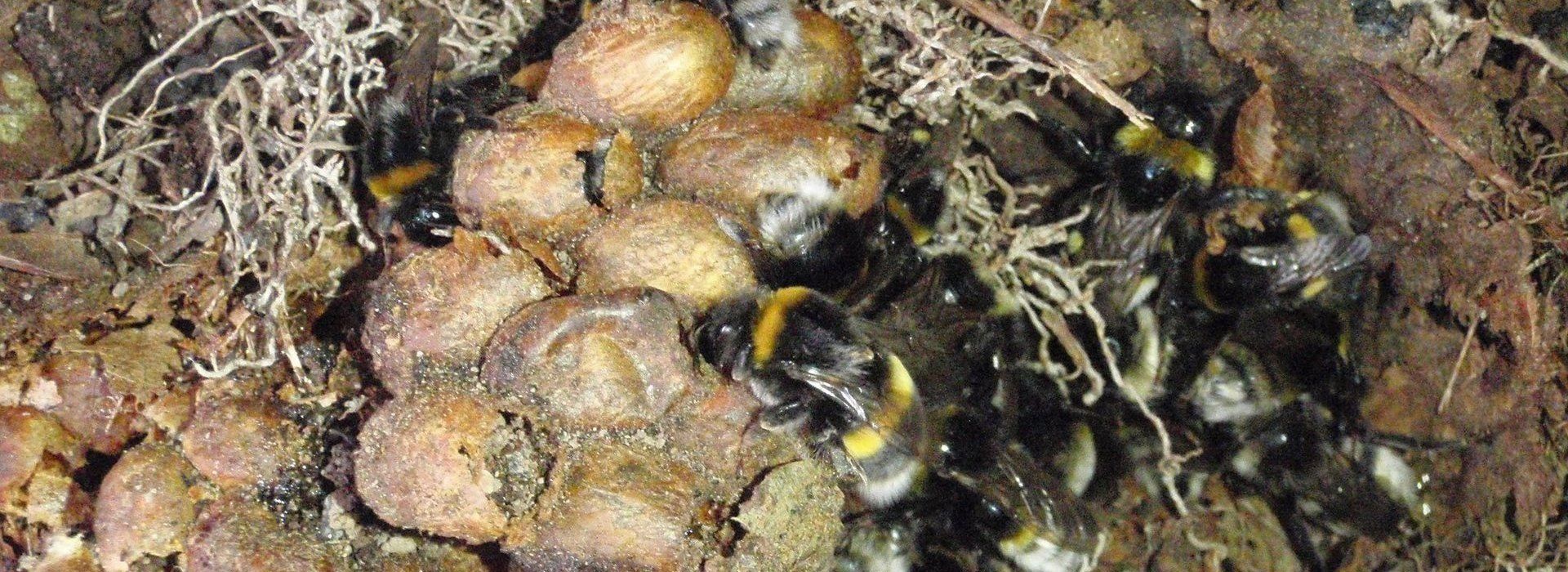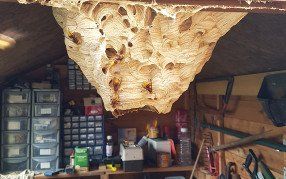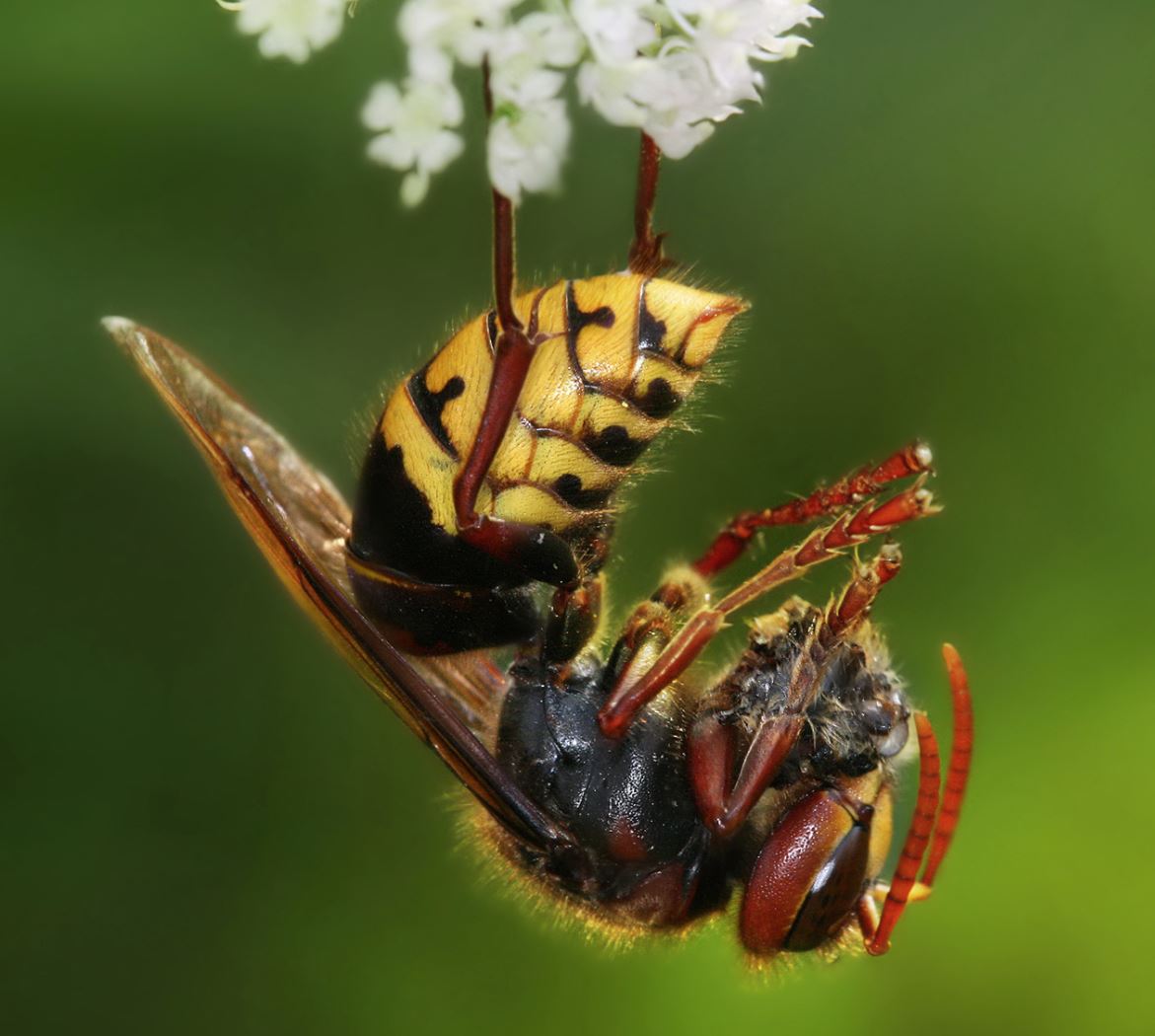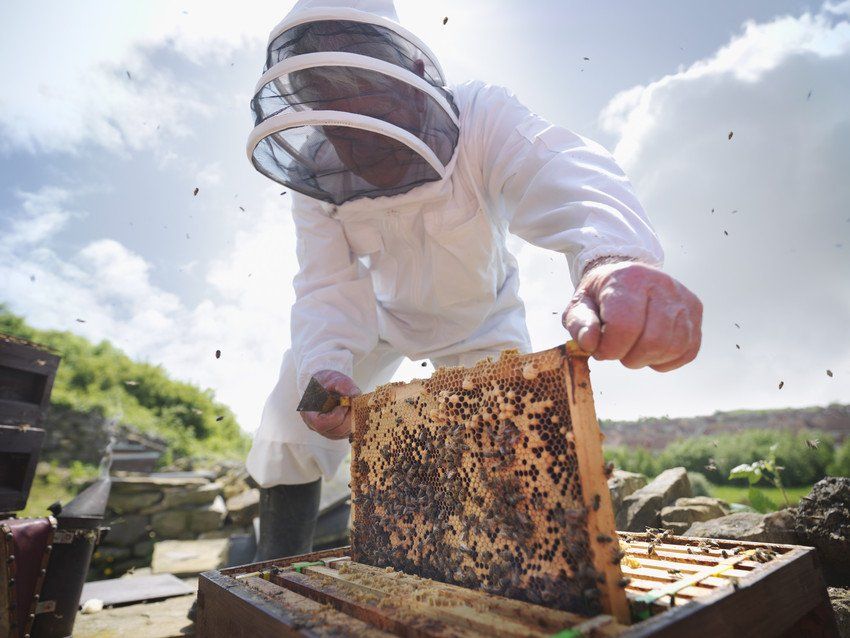5 Benefits of Wasps
Wasps seem like pests, but they actually do have a purpose in the world. In fact, they have more than one. What are these winged insects good for?
They’re Pollinators
Wasps, like bees, are great for pollinating. They’re particularly important for figs, which wasps are specifically responsible for pollinating. Without these particular insects, you wouldn’t have figs at all.
Wasps play an important role in keeping your garden looking beautiful, though most of the credit goes to bees these days. They do, however, carry pollen from plant to plant, helping create a thriving garden.
They Help Grapes Grow
Grapes are a natural source of wild yeast and wasps help keep it going. They feed on the grapes, store the yeast in their bodies, then feed it to their young. The same yeast is then carried back to the new crop of grapes. Surprisingly, this is a much-needed service that wasps perform and since they are the exclusive carriers of the yeast, it’s a very important part of the eco-system.
They’re Nature’s Maids
Insects die for many reasons and if their shells just lay about, we’d see a lot more piles of dead bugs. Fortunately, wasps help prevent this scenario by carrying insect carcasses back to feed to their young.
This helps eliminate the bodies and keeps things neater throughout the world. It also helps prevent mould build-up and other unpleasantries that come with dead creepy crawlers.
Wasps Keep Unpleasant Insects at Bay
The insect population can grow rapidly if there’s nothing happening to keep it down. Insects like leaf beetles and caterpillars are easy prey for wasps and they are often responsible for keeping other insects from overpopulating the area.
Wasps will take larvae from other species back to the nest to ensure their young have plenty to eat. This means these pests can actually eliminate many other pests from your garden.
They’re Parasitic
Certain species of wasp lay their eggs inside insects such as cockroaches and aphids. As the eggs hatch and the larvae grow, they kill the host insect and eat their way out of the empty shell. Each wasp lays 300 or more eggs, planting each one in a different insect. The end result? A biological balance that can benefit humans as much as the wasps.
Farmers across the UK now introduce parasitic wasps to their fields and hothouses in order to naturally prevent aphid infestations. They eliminate the use of chemical pesticides and keep the produce organic, simply by using wasps.
While none of these benefits may help you enjoy wasps in your garden or home, it certainly paints them in a new light. You may even appreciate them a little more. However, no one wants wasps near their home, so if you notice a nest that is too close to where you play and live, call
Mr. Wasp to get rid of them.
